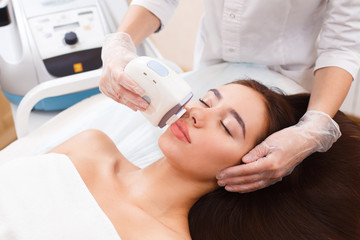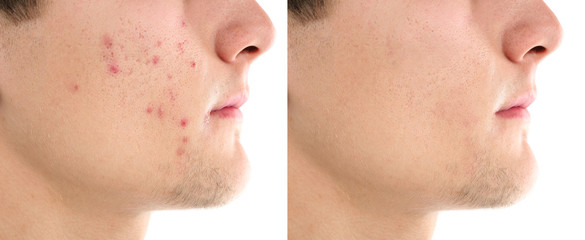What Causes Acne

Acne is a common skin condition that affects people of all ages. While the cause is not entirely understood, it is thought to be caused by genetics and hormones. It can occur on any part of the body but is most commonly seen on the face, neck, chest, and back. We’ll take a closer look at the causes.
1. Hormones
Hormonal imbalances are thought to be one of the leading causes of breakouts and skin inflammation. Male hormones, particularly testosterone, increase oil production in the skin, leading to clogged pores and breakouts. Furthermore, changes in hormone levels resulting from puberty, pregnancy, or menopause can also contribute to flares.
If you’re experiencing hormonal flares, it’s essential to see a doctor so that they can help you get your hormones back on track. In Delray Beach, Florida, residents can book an appointment with Beaute Therapies Medical Spa to get professional treatments that can help improve their skin health.
2. Clogged Pores
Another common cause is clogged pores. Clogged pores can occur due to several factors, such as dead skin cells and the sebaceous glands producing too much oil. When the skin’s pores become clogged with excess sebum, dead skin cells, and dirt, it can lead to inflammation and breakouts. You can get rid of clogged pores by doing frequent facials.
3. Genetics
Genetic factors are also thought to play a role in its development. If your parents have struggled with breakouts in the past, you may be more likely to develop it. Specific genes that impact skin health can be passed down from one generation to another.
4. Bacteria
Propionibacterium are bacteria that usually exist on the skin’s surface. However, when excess oil and dead cells build up in the pores, these bacteria can multiply and cause inflammation. There are various treatment options available depending on the severity of your condition, including topical creams, antibiotic medications, and laser therapy.
5. Diet
Poor diet and poor nutrition can also contribute to flares. A diet high in refined carbs, sugar, processed foods, and dairy products is often linked with increased breakouts. Eating more nutrient-dense, whole foods low in sugar and dairy may help improve skin health and reduce the occurrence of breakouts.
6. Pollution
Environmental factors like air pollution and exposure to chemical products are also causes. Exposure to pollutants can trigger inflammation in the pores, leading to breakouts. If you are regularly exposed to these environmental triggers, it is essential to take steps to protect your skin from damage.
7. Stress
Stress can also cause or worsen breakouts. When you’re stressed, your body produces more of the hormone cortisol, increasing sebum production. This increase can clog the pores and lead to breakouts. If you’re struggling with stress-related flares, it’s essential to find ways to relax and manage your stress levels. To help keep them at bay, manage your stress levels through practices like meditation or yoga.
Conclusion
If you’re struggling with this condition, be sure to see a doctor or dermatologist so that they can help you find the best treatment plan for your individual needs. It is possible to effectively manage the flares and enjoy healthy, radiant skin with the proper care and management techniques.





